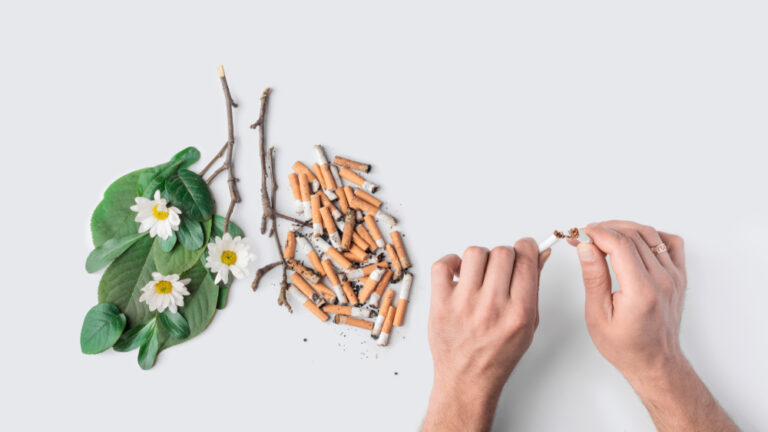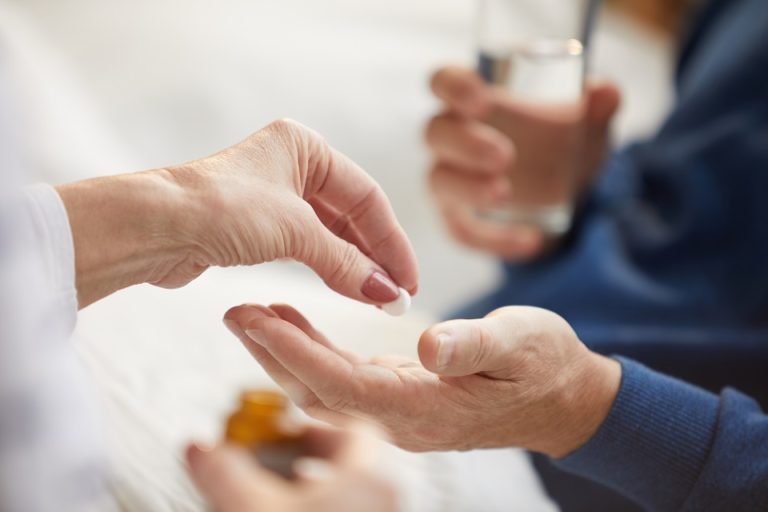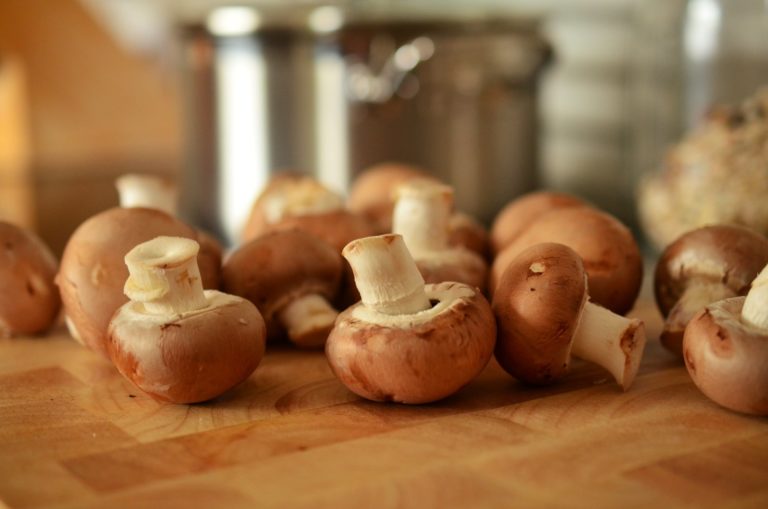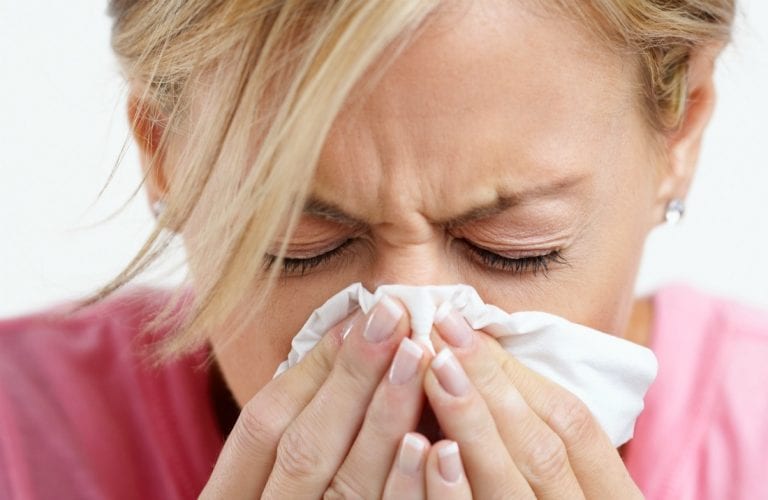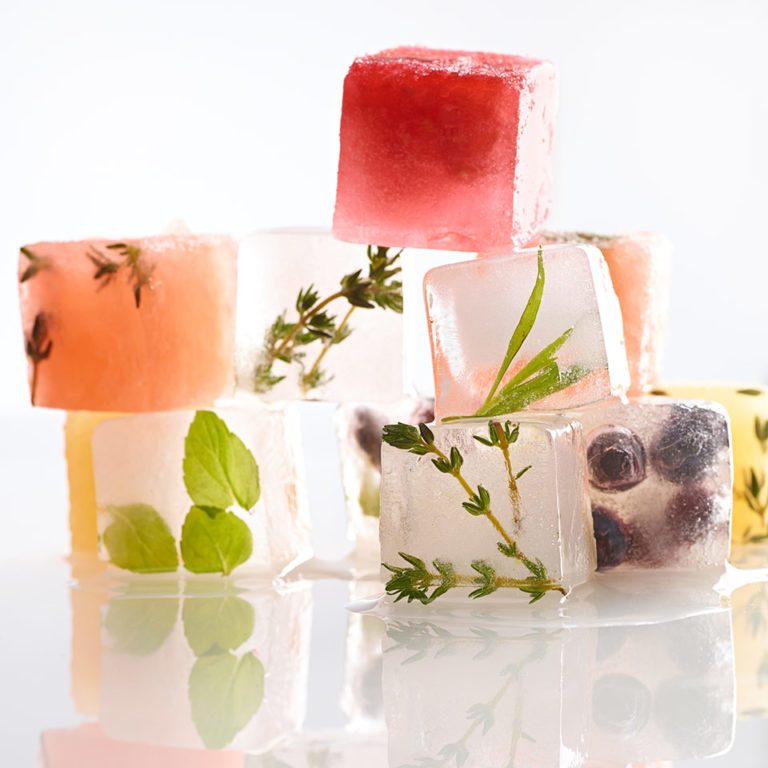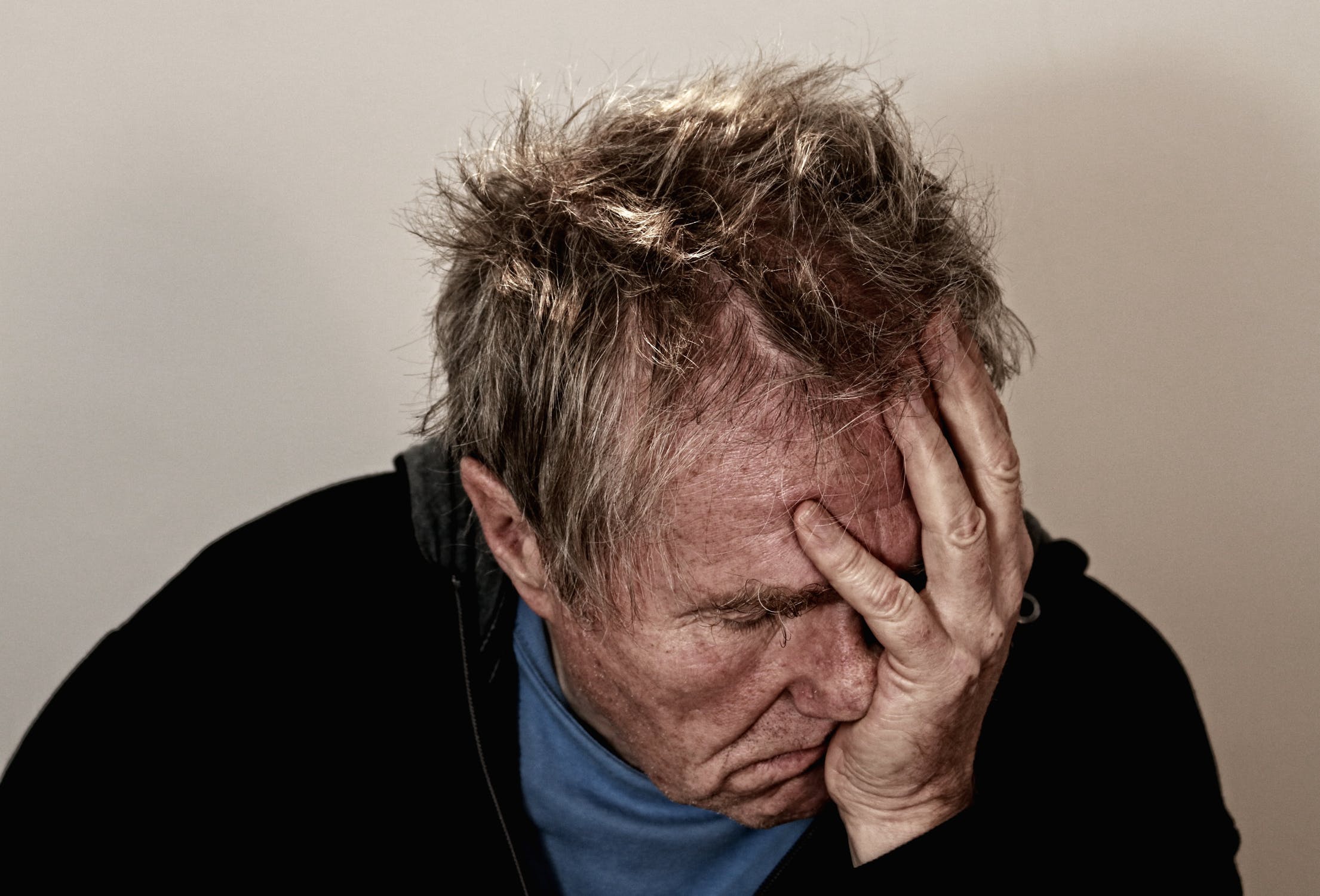
When you’re really effing stressed out about a big project, fighting with your S.O., or going through a major life change, you can at least slap a smile on and no one can see the swirling storm inside, right? Well, not exactly. One of the bonus perks of stress is that it can take it out on your skin—making all that inner turmoil plain for everyone else to see.
Small things can trigger a visible reaction in some people, while it’d take an extreme event to show up in others. And some lucky peeps might not ever see a real change in their skin simply from stress, says Lance Brown, M.D., surgical and cosmetic dermatologist based in New York City and East Hampton, NY. What determines that? Everything from the strength of your immune system to the genetic differences in the reactivity of your skin. One thing is for sure: If you have one of these super-common conditions, you’re even more likely to wear your stress on your sleeve—er, skin.
But before you send your stress levels even higher, breathe deeply, because there’s hope: If you can conquer your stress, you can save your skin.
Acne
When it comes to stress wreaking havoc on your skin, this one may not be the biggest surprise. If you’ve ever broken out during finals week in college or right before a big meeting, you know that “stress pimples” are very real.
But why, exactly, does stress make your face freak? It’s the same reason you break out when that time of the month rolls around: hormones.
“For all skin conditions, stress increases blood levels of the hormone cortisol. This is a pro-inflammatory hormone making skin conditions such as acne worse—more red, aggravated, and inflamed,” says Mona Gohara, M.D., associate clinical professor of dermatology at Yale University.
The result: a surge of inflamed breakouts (which, naturally, will elevate your stress levels even more).
Eczema
Eczema refers to an entire group of skin conditions that present inflamed and often itchy skin, and may affect as many as 10 percent of American adults, according to the National Eczema Association. Symptoms can range from the seemingly innocent (dry, sensitive skin) to the mild (rough or scaly patches) and intense (extremely red, inflamed, or itchy skin).
Allergies, infections, and hot or cool temps can all cause an eczema flare-up, but so can stress—and for the same reason acne can become worse: that pro-inflammatory response, says Dr. Gohara.
And that’s ditto for most of these conditions: Stress—whether it’s physical stress (e.g., an injury or illness) or emotional stress—makes it harder for your body to maintain control over an underlying issue and can certainly exacerbate the condition, says Dr. Brown.
Psoriasis
Signs of psoriasis include raised, red, scaly patches on the skin, most often on the outside of the elbows, knees, or scalp. Stress can actually be the reason psoriasis is first triggered and can continue to aggravate the condition once it first appears, according to the National Psoriasis Foundation.
“If you have psoriasis, your skin produces cells at a much more rapid rate than usual,” says Dr. Brown. Stress produces hormones like adrenaline, cortisol, and growth hormone, which send your body into overdrive and do the same for this skin cell production, aggravating skin psoriasis.
Rosacea
Surprisingly enough, rosacea is actually a form of acne called acne rosacea, says Dr. Brown. And just like its name, it has two components—an acne component and a redness component. The bad news? They both are made worse by certain types of stress.
The redness occurs due to the opening and closing of very small capillaries in the skin, which can be triggered by anything from red wine or spicy food to heat or stress, says Dr. Brown. Stress causes a nerve impulse that lets this flushing occur. Combine it with the wonderful effects of stress on acne, and you have angry, red acne rosacea.
Hives
The appearance of hives is usually a systemic thing—meaning you’ve ingested, eaten, or become infected with something that your body def doesn’t agree with, says Dr. Brown. However, some people have an underlying condition that predisposes them to hives; their level of histamine (a chemical created by your immune system to get rid something that’s bothering you, like allergens) is higher than in the average person. Stress can trigger a release of this increased histamine response, causing an outbreak of itchy, red hives.




